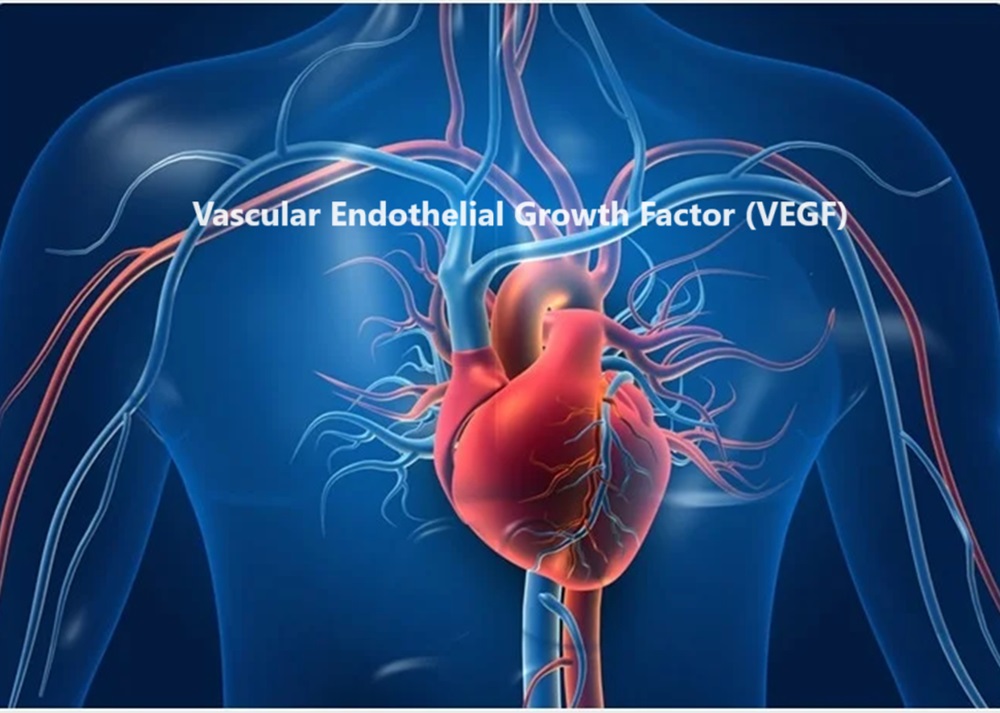In the intricate tapestry of human biology, a crucial player takes center stage—Vascular Endothelial Growth Factor (VEGF). This protein, often abbreviated as VEGF, plays a pivotal role in various physiological processes, influencing the growth and maintenance of blood vessels. As we delve into the understanding and function of VEGF, a fascinating world of molecular orchestration unfolds.
The Basics of VEGF:
At its core, VEGF is a signaling protein that belongs to a family of growth factors. Discovered in the 1980s, it quickly emerged as a key regulator of angiogenesis—the formation of new blood vessels from pre-existing ones. Angiogenesis is a fundamental process in embryonic development, wound healing, and the female reproductive system. VEGF Human, with its multiple isoforms, acts as a conductor, guiding the symphony of events that lead to the creation of a vascular network.
Angiogenesis and Beyond:
One of the primary functions of VEGF Human is to stimulate angiogenesis, ensuring an adequate blood supply to tissues and organs. Beyond its role in angiogenesis, VEGF also contributes to vascular permeability, allowing nutrients and oxygen to efficiently reach cells. Moreover, it influences cell survival, playing a crucial role in the maintenance of various tissues.
Clinical Implications:
Understanding VEGF is not merely an academic pursuit; it has profound clinical implications. Dysregulation of VEGF expression has been associated with various pathological conditions. For instance, overexpression of VEGF is commonly observed in cancer, where it contributes to the growth of blood vessels that nourish tumors. Targeting VEGF has become a therapeutic strategy in cancer treatment, aiming to disrupt the blood supply to tumors and impede their growth.
Therapeutic Applications:
The significance of VEGF extends beyond cancer therapy. In the field of regenerative medicine, researchers are exploring ways to manipulate VEGF to promote tissue repair and regeneration. This involves harnessing the angiogenic properties of VEGF Human to enhance blood supply to injured or damaged tissues, fostering a conducive environment for healing.
Challenges and Future Directions:
While the therapeutic potential of targeting VEGF is evident, challenges exist. Excessive angiogenesis can contribute to pathological conditions, such as in the case of age-related macular degeneration. Striking a balance in modulating VEGF activity is crucial for therapeutic success. Ongoing research aims to unravel the intricate signaling pathways involved in VEGF regulation, opening avenues for more precise and targeted interventions.
Conclusion on VEGF Human:
In the grand tapestry of human biology, VEGF Human emerges as a master regulator, orchestrating the symphony of angiogenesis and vascular maintenance. Its functions extend far beyond the confines of a single physiological process, reaching into the realms of cancer therapy, regenerative medicine, and beyond. As our understanding of VEGF deepens, so does the potential for innovative therapeutic approaches that harness its powers for the betterment of human health.






